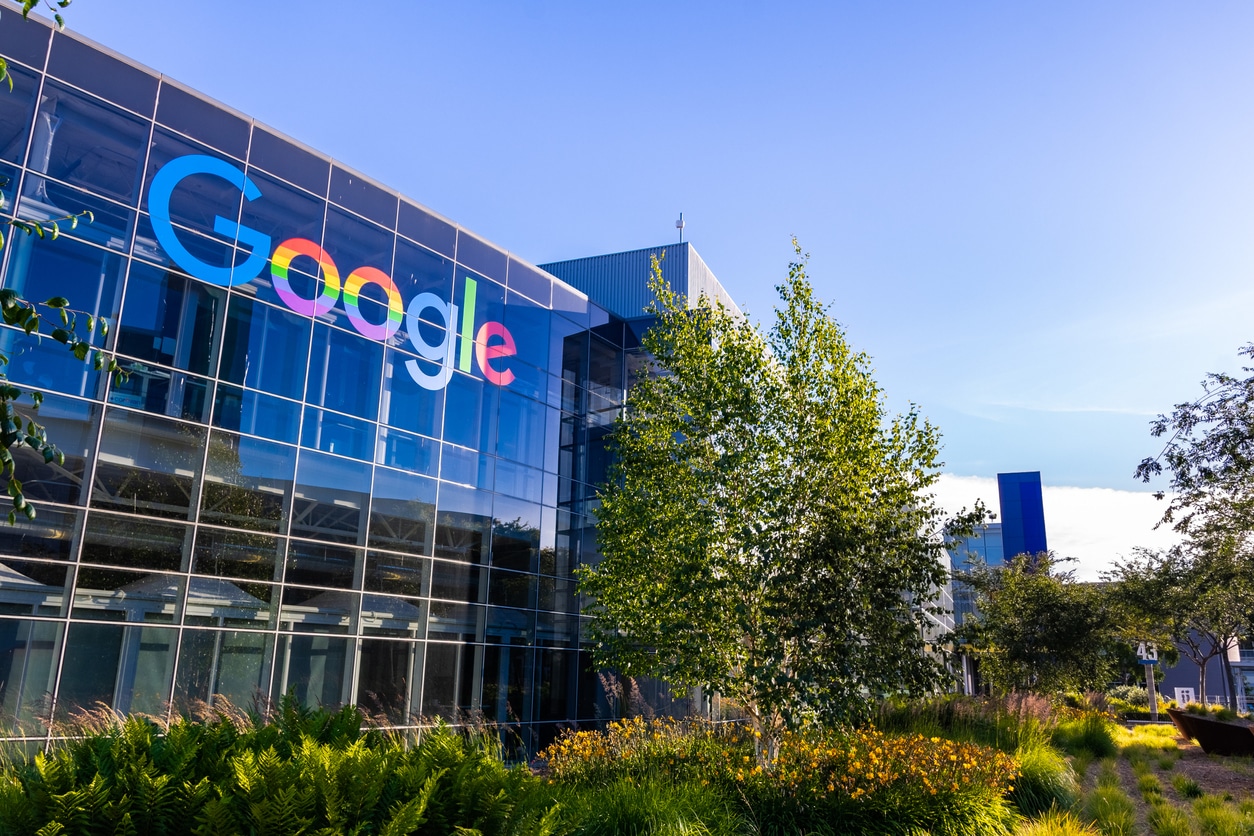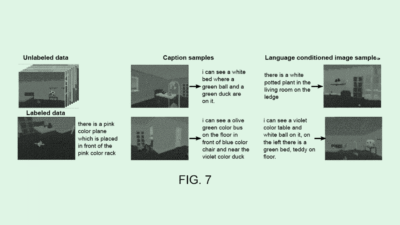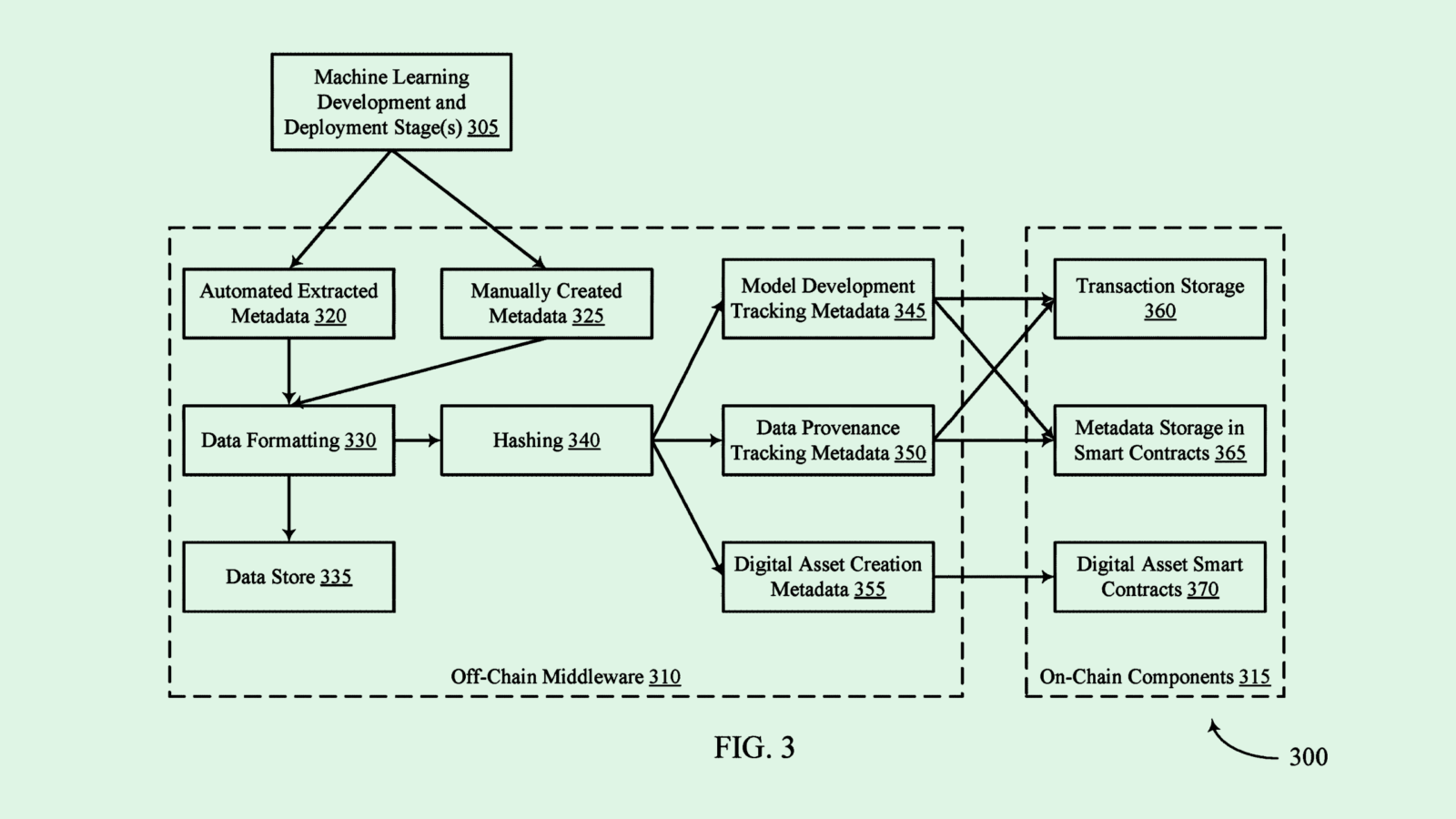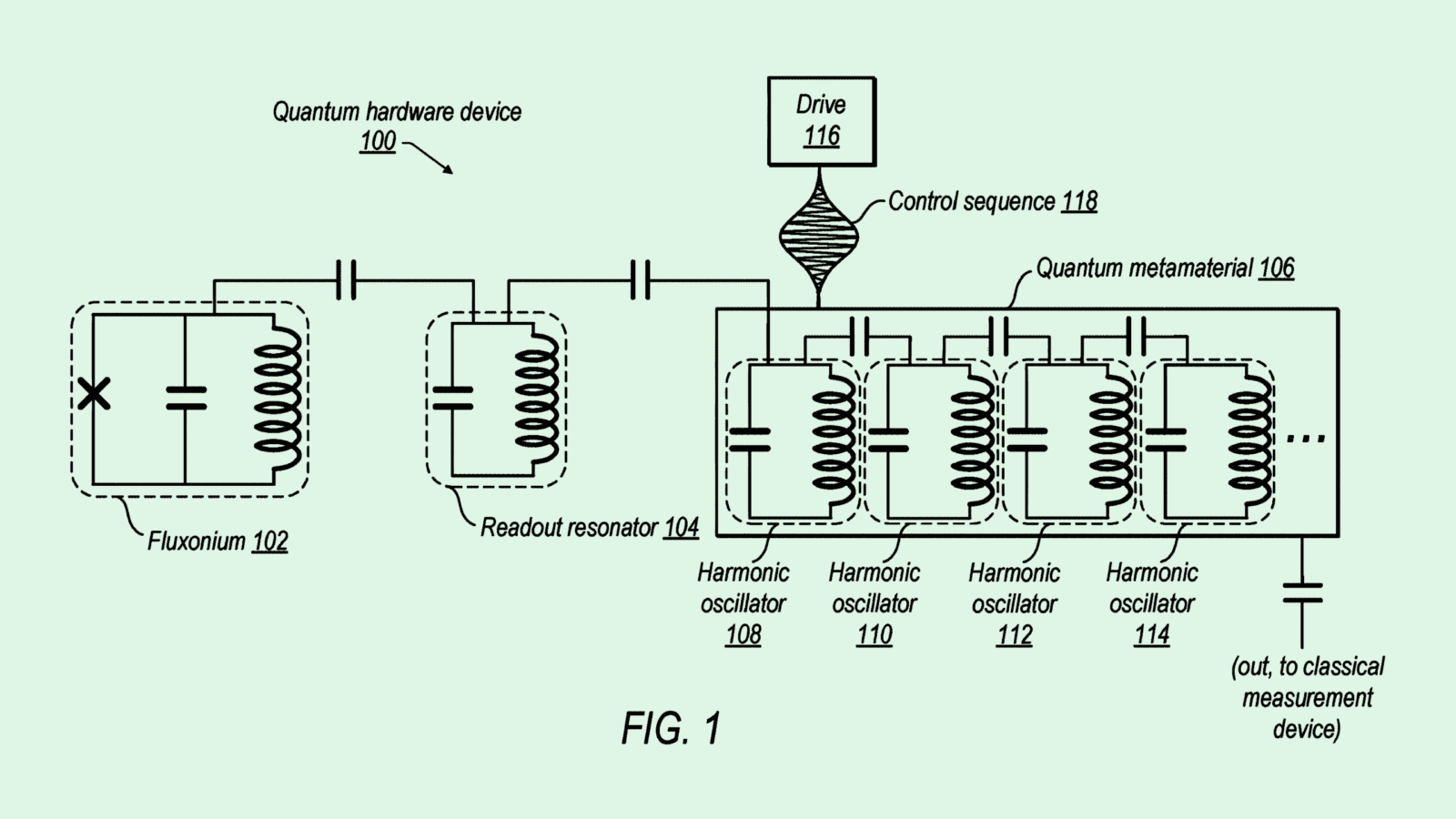
Sign up for smart news, insights, and analysis on the biggest financial stories of the day.
Google’s DeepMind can predict almost exactly where and when it’s going to rain, but for years, the artificial intelligence company couldn’t figure out how to stop drowning in debt.
On Tuesday, however, DeepMind said it has now actually eked out a profit. Finally: hope for all the plucky little startups with the backing of a $1.7 trillion parent company.
Artificial Brain Drain
DeepMind, which is likely the largest AI research operation in the world, has a very unique revenue model: it makes 100% of its money selling the technologies it develops to other subsidiaries of Alphabet, Google’s parent company.
But while Alphabet brought in $182.5 billion in revenue last year, DeepMind was hemorrhaging money for years — losing more in both 2018 and 2019 (about $680 million each year) than Google paid for it in 2014 ($545 million). Alphabet also wrote off $1.5 billion in DeepMind’s debt in 2019.
So what changed?
- On Tuesday, DeepMind said it made a $63 million pre-tax profit in 2020 — chiefly because revenue more than tripled to $1.1 billion.
- That revenue is up because DeepMind’s costly research is starting to find practical applications. Like a Google Maps collaboration that used AI to improve arrival times on the service by 50%. And a feature on Google’s Android Pie phone operating system that uses DeepMind’s tech to save battery power.
Big Brains, Big Bucks: DeepMind’s costs are incredibly high because major tech companies are engaged in an all-out war to hire the top human minds in AI, which is still a relatively nascent field but could transform, well, everything. In 2020, DeepMind’s staffing costs were $1 billion, up from around $977 million in 2020.
Silicon Corleone: Google, Facebook, Amazon, and Microsoft are all said to have poached tenured university professors by offering them up to 10 times their academic salary — that’s an offer few refuse.











